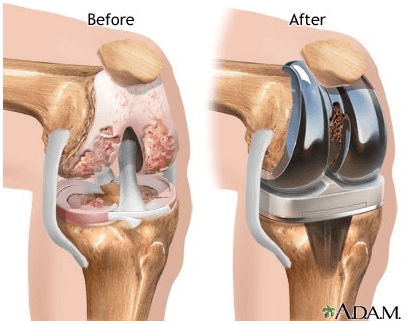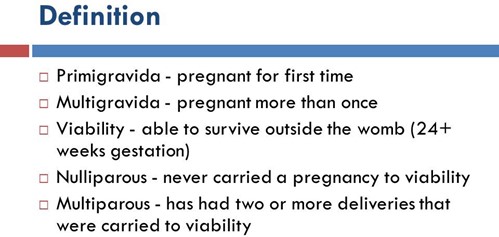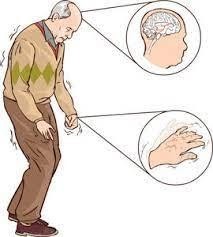The practical nurse (PN) observes two unlicensed assistive personnel (UAP) turning an older client who had a hip arthroplasty with prosthesis placement four hours ago. Which observation by the PN indicates that the UAPs need additional information about the turning procedure?
An abduction pillow is placed between the client's legs when positioned.
The client is told to keep both legs straight and together while turning.
A turning sheet is used under the client for turning and repositioning.
The UAPs keep their backs straight and knees bent when moving the client.
The Correct Answer is B
This is the observation that indicates that the UAPs need additional information about the turning procedure because it is incorrect and may cause complications for the client. The client who had a hip arthroplasty with prosthesis placement should not keep both legs straight and together while turning because this may cause dislocation of the prosthesis, nerve damage, or bleeding. The client should keep the affected leg slightly abducted and supported with pillows or an abduction device.

Nursing Test Bank
Naxlex Comprehensive Predictor Exams
Related Questions
Correct Answer is A
Explanation
When a primigravida client confides in the practical nurse (PN) about being in an abusive relationship, the primary concern is the safety and well-being of the client and her unborn child. Providing contact information for a women's shelter is the most appropriate response in this situation. Women's shelters provide a safe haven for individuals experiencing domestic violence and can offer immediate assistance, including shelter, counseling, legal support, and other resources.
Let's evaluate why the other options are incorrect:
B. Safety plan to keep in a purse at all times:
While a safety plan is essential for individuals experiencing domestic violence, providing a safety plan alone may not address the immediate danger the client is facing. It is crucial to prioritize the client's safety by connecting her with a women's shelter where she can receive comprehensive support.
C. Visit summary documenting the report of abuse:
While it is important to document any reports of abuse, providing a visit summary alone does not address the urgent need for the client's safety. Documentation can be helpful for future reference, but immediate action should be taken to ensure the client's well-being.
D. Paperwork needed to file a restraining order:
Filing a restraining order is a legal step that may be necessary in cases of domestic violence, but it should be pursued after ensuring the client's immediate safety. Providing paperwork alone does not address the client's immediate need for a safe environment. Connecting the client with a women's shelter is a more appropriate course of action to ensure her safety and well-being.

Correct Answer is A
Explanation
A) Correct- Clients with Parkinson's disease often experience bradykinesia and impaired mobility. Rising slowly from a seated position is important to prevent falls and maintain stability. Affirming the correct movement strategy promotes the client's safety.
B) Incorrect- Telling the UAP to make the client move more quickly could be unsafe and not appropriate for a client with Parkinson's disease. Rapid movements might lead to balance issues or falls.
C) Incorrect- While demonstrating proper technique might be helpful, it's not the most immediate action the nurse should take. The client's safety and well-being are the priority.
D) Incorrect- Painful movement is not the primary issue here. The client's movement is slow due to Parkinson's disease, and this is expected.

Whether you are a student looking to ace your exams or a practicing nurse seeking to enhance your expertise , our nursing education contents will empower you with the confidence and competence to make a difference in the lives of patients and become a respected leader in the healthcare field.
Visit Naxlex, invest in your future and unlock endless possibilities with our unparalleled nursing education contents today
Report Wrong Answer on the Current Question
Do you disagree with the answer? If yes, what is your expected answer? Explain.
Kindly be descriptive with the issue you are facing.
